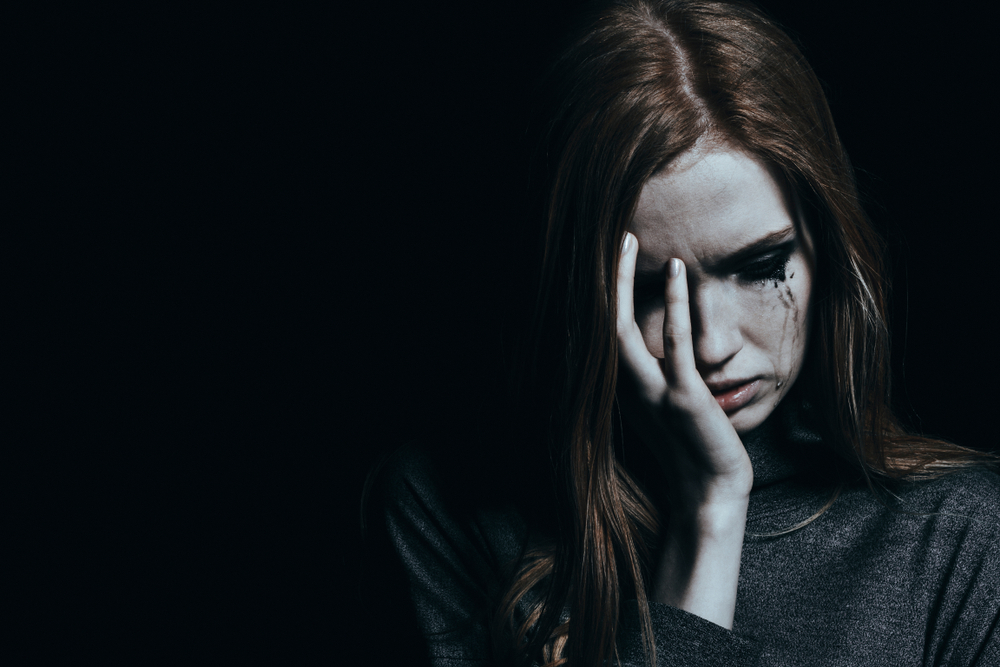
Amaha / / /
ARTICLE | 4 MINS MINS READ
What are Psychotic Disorders?
Published on
10th Apr 2023

Psychotic disorders are serious mental health conditions that can affect the way you perceive reality. Psychotic disorders can cause a person to experience hallucinations, delusions, and disordered thinking. They can greatly impact your daily life, relationships, and overall well-being. It also makes it hard for you to function normally, take care of yourself, make decisions, and so on.
Understanding these disorders, their symptoms, and available treatments is important in seeking proper care and support - if you or your loved one is experiencing symptoms of a psychotic disorder, it is important to show some compassion and know that there is help out there.
Symptoms of psychotic disorders
The symptoms of psychotic disorders can vary greatly between individuals and types of disorders. However, some common symptoms include:
Hallucinations - seeing, hearing, smelling, tasting, or feeling things that aren't there.
Delusions - false beliefs that a person firmly holds despite evidence to the contrary.
Disordered thinking - confusing or jumbled thoughts that make it difficult to have a coherent conversation.
Negative symptoms - a reduction or absence of normal emotional responses or behaviours, such as lack of motivation, difficulty speaking, or apathy.
Changes in mood - sudden and extreme shifts in mood or emotions.
Also read: What Is Psychosis? An Introduction to the Psychotic Mood Disorder
Types of psychotic disorders
There are several different types of psychotic disorders, including:
Schizophrenia : A chronic and severe mental disorder characterised by a loss of contact with reality. People with schizophrenia may experience hallucinations, delusions, and disordered thinking.
Schizophreniform Disorder: A shorter-term version of schizophrenia, lasting between one and six months.
Delusional Disorder: A condition in which a person holds onto one or more delusions for a period of at least one month, but does not experience other symptoms typically associated with schizophrenia.
Substance-induced Psychotic Disorder: A condition in which a person experiences psychosis as a result of substance abuse.
Schizoaffective Disorder - This condition involves symptoms of both schizophrenia and a mood disorder.
Shared Psychotic Disorder (Folie à Deux): This is a condition that occurs when one individual in a relationship holds onto a delusion, and their partner begins to adopt the same belief.
Psychotic Disorder due to a general medical condition: A condition in which psychosis is caused by a physical health issue, such as a brain injury or infection.
Brief Psychotic Disorder: Individuals who experience this condition may suddenly exhibit psychotic behaviour for a brief period, often as a result of a stressful event, such as the loss of a loved one. The good news is that recovery is often swift, typically taking less than a month.
Also read: Can Psychotic Depression Turn Into Schizophrenia?
Treatments for psychotic disorders
Treatment for psychotic disorders typically involves a combination of medications and therapy. The most commonly used medications are antipsychotics, which help to reduce symptoms such as hallucinations and delusions. Therapy, such as cognitive behavioural therapy (CBT) or family therapy, can help to manage symptoms and improve quality of life. In some cases, hospitalisation may be necessary to keep you safe and provide more intensive treatment.
It is important to work with your doctor to find the best treatment plan for you. Some individuals may need to try several different medications or therapy approaches before finding the most effective combination.
Conclusion
Living with a psychotic disorder can be challenging, but with the right treatment and support, it is possible to manage symptoms and improve your quality of life. Don't hesitate to reach out for help if you are experiencing symptoms of a psychotic disorder. With proper care, you can get the support you need to live a fulfilling life.
Was this article helpful?
Yes
No
If you didn't find what you were looking for, please reach out to us at [email protected] or +912071171501. We're here for you - for anything you might need.



Build a good life for yourself
with Amaha
Best App
for Good
on Google Play India

